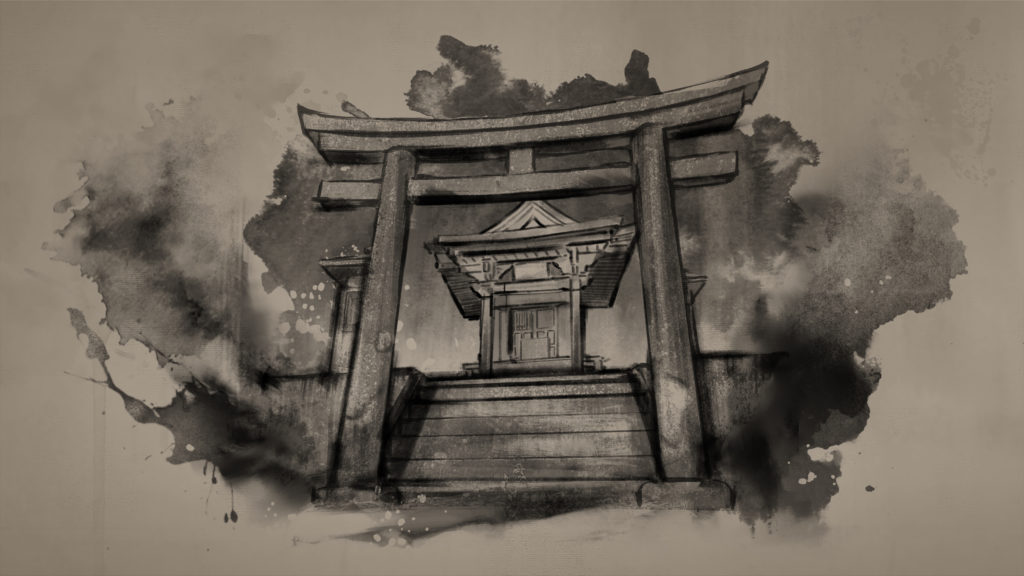
The Edo Period in Japan was a time of great religious and social change. The Tokugawa Bakufu, the military government established by Tokugawa Ieyasu in 1603, brought an end to the strife of the Warring States period and ushered in a new era of peace and stability. This period saw the continued practice of Shintoism, a resurgence in Buddhism, and the rise of new sects such as Christianity and Islam. Confucianism also gained popularity and became the dominant philosophy of the Tokugawa Shogunate.
Shintoism is the indigenous religion of Japan and has been practiced since ancient times. It involves the worship of kami, deities, divinities, spirits, and phenomena that are believed to inhabit everything in the natural world. Meanwhile, Buddhism was introduced to Japan from China in the 6th century AD and quickly became popular, particularly among the lower classes. It teaches that suffering is caused by human desires and that people can end their suffering by freeing themselves from these desires.
Buddhism had been declining in Japan since the Kamakura period (1185-1333) but began to make a comeback under the Tokugawa Shogunate. The Tokugawa Bakufu enacted various policies to support Buddhist institutions, such as providing financial assistance to temples and shrines as well as appointing monks to important positions within the government. In addition, many samurai families were patrons of Buddhist temples, which helped to further spread the religion throughout Japanese society. However, not all samurai or ronin strictly followed Buddhist teachings and many varied in their ideologies.
Christianity first arrived in Japan during the 16th century through Jesuit missionaries, but it was not until the Edo period that it began to gain significant traction. Over time, the growth of an exclusive Western belief system began to be seen as a direct challenge to traditional Japanese values. This led to increased restrictions on Christianity within the country. Eventually, this resulted in the persecution of Japanese Christians and foreigners of faith. The Shimabara Rebellion is the most famous uprising that occurred in response to these restrictions and religious policies.
The Tokugawa Shogunate had a significant impact on the religious landscape of Japan, the results of which could be seen as both positive and negative. Each religion and philosophy had a unique impact on Japanese society. In Tale of Ronin, the player will see firsthand the way that these varied religions impact the perspectives and lives of people living in Edo period Japan.